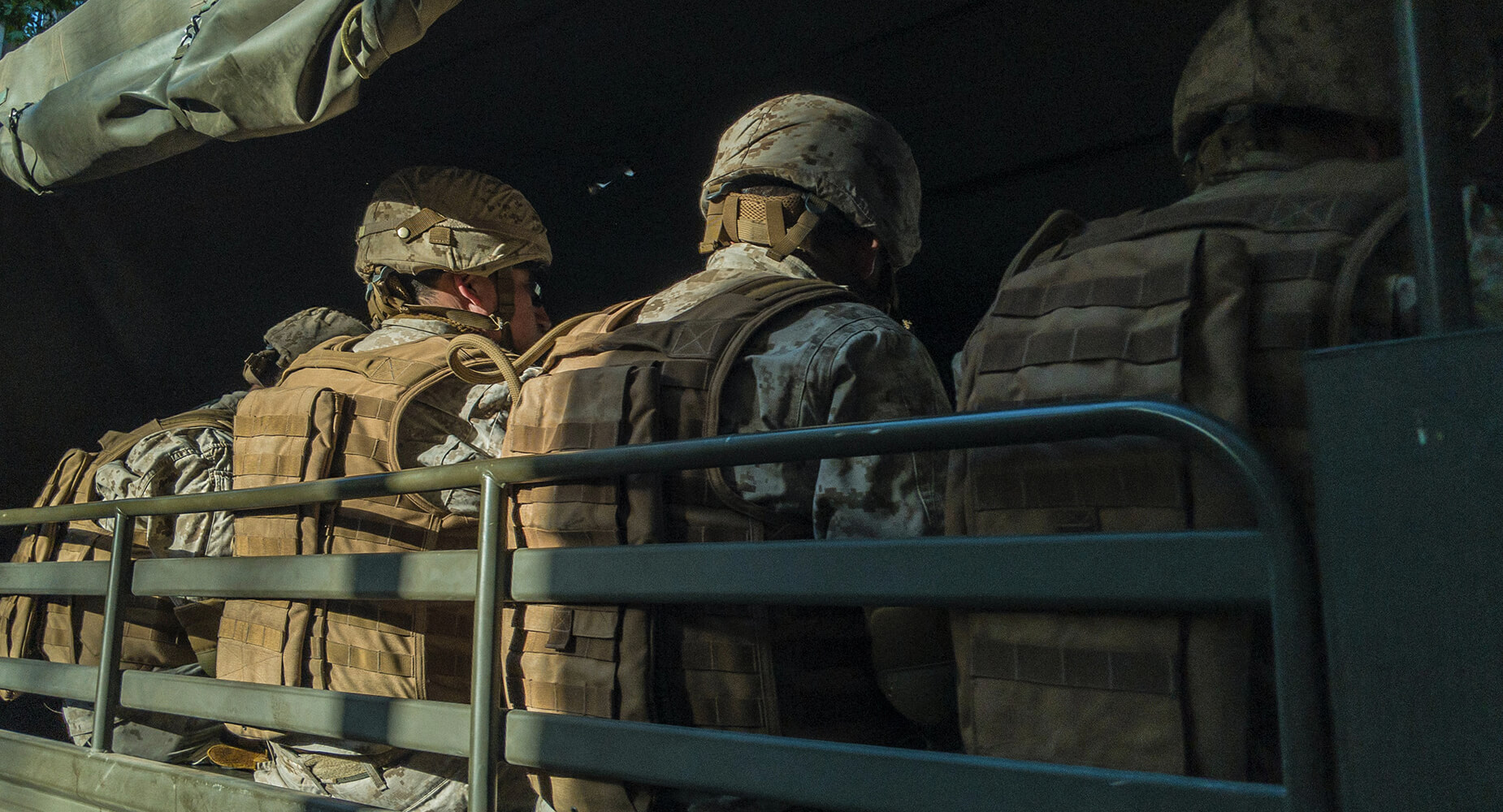The Terms of Reference of the Strategic Defence Review (SDR) were published on 17th July 2024 with the purpose of determining the roles, capabilities and reforms needed by UK Defence to meet the challenges, threats and opportunities of the twenty-first century. The reviewers, Lord Robertson, General Sir Richard Barrons and Dr Fiona Hill are charged with reporting in the first half of 2025. A call for evidence was then published by the Ministry of Defence (MoD) in late August, seeking written material to support the work of the Robertson team. A number of thoughts immediately spring to mind.
First, new governments seem to always undertake a strategic defence review. We have the 1998 SDR from the Blair Government, with a certain George Robertson leading the charge. This was refreshed by the SDR New Chapter in 2002. The Coalition Government then launched its Strategic Defence and Security Review (SDSR) in 2010, focussed very much on a contribution to austerity. The Conservatives, in government alone from 2015, then brought forward another review – SDSR 2015 – followed by an Integrated Review in 2021 which was itself refreshed in 2023. The cycle of review-implementation-review is routine, steady-state business within MoD and the antithesis of “strategic.” Indeed, can the informed citizen even identify the main features of, say, the 1998 Review or the 2015 equivalent?
Second, in the Terms of Reference this time around, overt parameters have been articulated to frame the work of the Review team. The independent UK nuclear deterrent as an outcome is not to be considered, but its efficiency might be. There is to be a NATO first policy though the review might consider also within this constraint UK sovereign requirements and supposed strategic reach. Likewise, the SDR is to maintain defence ties to the Indo Pacific region, the Gulf and Middle East and will restate out commitment to delivery of the AUKUS defence partnership with the US and Australia. Moreover, support for Ukraine is a given in the short, medium and long term and the Review will articulate how this will continue. Also, significantly, protecting the homeland is prioritised, to be addressed by the SDR. If everything is a priority then nothing is a priority and we run the risk of developing a strategy that fails in one principal regard: the ability to articulate a strategic choice.
Here is the dilemma. Thinkers who champion defence through the provision of a big navy with aircraft carriers, multiple escort ships above and below the waves, and extensive maintenance yards, usually prioritise a strategy focussed on Indo Pacific waters and the rights of global navigation and free passage. As a trading nation, such arguments have merit. Other thinkers, more rooted in the tradition of NATO in Europe, point to the threat of Russia and the need for a potent, high manoeuvre land army, supported by sea and air. With war in Europe now, and the war dead to date in the hundreds of thousands, such arguments have potency. Others, observing drones flying against Ukraine cities and rockets fired against the Israeli civilian population, might point to the need for an extensive, latticed mix of sensors and anti-air missiles to protect the islands of Great Britain – a capability currently missing. A case can be made for all of these things but, if to be done well, not concurrently within existing budgets. To pretend otherwise is dishonest.
This picture is complicated by commercial imperatives also. The current defence budget is over-committed in terms of multi-year contracts signed. As a country that champions the rule of law, we will typically honour our contractual obligations. Even if programmes are cancelled, the UK may well face commercial penalties. Identifying headroom within the current portfolio of capabilities to allow decision makers to do new things is akin to Jason seeking the golden fleece.
Also, the amount of material being generated by a call for evidence should not be underestimated. I have been told by people from within the Ministry that a software language tool will be used to capture, sift and prioritise recurring themes from submissions. Giving weight to the common rather than the innovative or inspired might prove a mistake.
The Review is being undertaken by serious and experienced people. They will know that seeking to do the same things with the same tools for the same results does not make a strategy. Indeed, defeats this century in Iraq, Afghanistan and the mess left in Libya are properly strategic moments derived from our hubris, actions and omissions. We should not forget that these disasters occurred in an era of the ever-present UK strategic defence review. 2025 must break the cycle.



